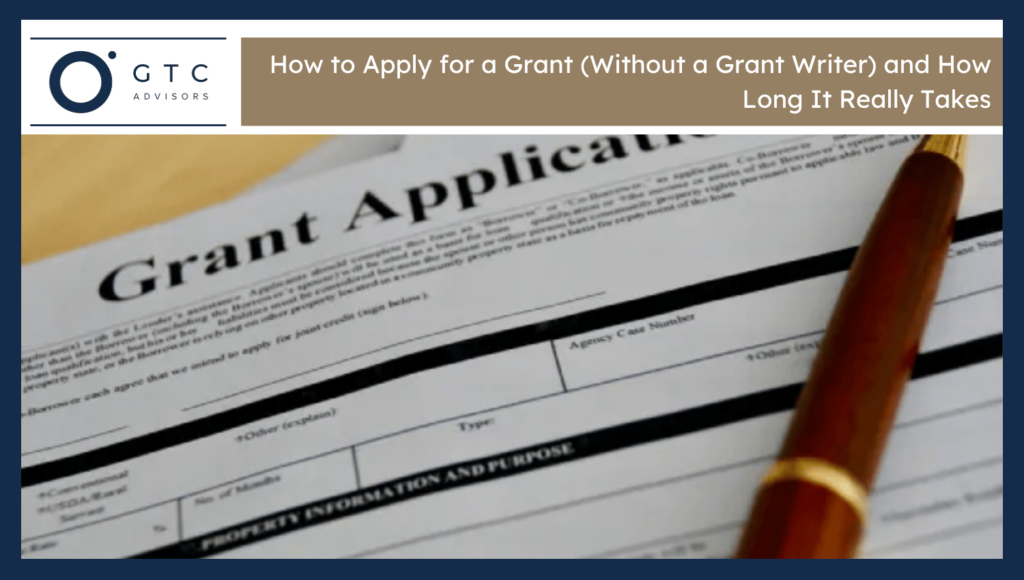Applying for a grant without a professional grant writer is a manageable process. It requires research, planning, proposal writing, methodology, submission, and follow-up. A grant writer handles the complete grant process to secure funding. They write a letter of intent and a full proposal to meet the funder’s expectations. There is no need to hire a grant writer for small funding projects. It takes 4 to 10 weeks to submit a grant, and the review process lasts from 5 business days to 3 months.
What Should You Know Before Applying Without a Grant Writer?
The grant process requires discipline, time commitment, strong writing skills, and an understanding of the project. Assess researching skills, team capacity, organization’s KPIs, and funder’s mission before applying for the grant. Read the eligibility criteria, required documents, and submission method. Grant money is not “free money”. It is a competitive process, and organizations have to qualify for the grant opportunity. Gather the statistics and case studies data to create an impact. Describe the project and a valid statement of need to win the grant.
What Types of Grants Are Easiest to Apply for Independently?
Here are the four types of grants that are easiest to apply for independently:
- Small Community Grants: Local foundations, community trusts, and government often offer these small community grants. They are flexible and do not require all the documents. These small community grants are often offered to make a social impact. Applicants fill out the online form with multiple questions to secure the funding.
- Mini-Grants or Micro-Grants: Mini-grants offer limited funds to a project. These grants have less competition than large grants and focus on SMART projects. Micro-grants require less paperwork, and applicants don’t have to fill out the large forms
- Seed or Starter Grants: Seed grants are offered to applicants launching new projects. These grants support innovative ideas with no proven success history. Grantmakers analyze the potential of the applicant from their approach and budgeting plan.
- Foundation or Corporate Social Responsibility Grants: These private grants are beginner-friendly. They do not require detailed documents like the government grants. These social responsibility grantmakers are easy to access for a clear understanding of the grant.
How Do You Find Grants You Can Apply for Yourself?
Here are four tips to find the grants that are easy to apply to:
- Use Online Grant Databases: Grant databases contain information about recent grant opportunities. Use filters to find the grants that match location, goal, and niche. GrantFinder, GrantStation, or Instrumentl websites offer detailed listings of grants. There are also government portals like Grants.gov that provide a list of public funding in the U.S. Use keywords relevant to the project to find the best opportunities.
- Check Local Resources: Keep a check on municipal programs, and community fundings like “The Hartford Foundation for Public Giving” to secure funds.. These local grants don’t require complex documentation and support beginners.
- Follow Industry-Specific Funding Sources: Grantmakers prioritize funding projects within their industry. Apply to the National Endowment for the Arts in the U.S. when seeking funds for an arts organization. These industry-specific funding opportunities increase the chances of winning the grant due to project relevance.
- Subscribe to Grant Alerts: Sign up for daily newsletters and turn on the alerts. These alerts save time and provide funding alerts directly into the inbox.
What Documents Should You Prepare Before Applying?
Here are the four documents to prepare before applying for the grant:
- Organization Profile or Bio: Prepare a document with organization history, mission, key programs, and awards. This profile makes or breaks the funding. It tells the funder about what the organization does and what it is capable of doing after getting funds.
- Project Summary Document: Document everything about the project. Funders pay special attention when it comes to the project summary. Define the problem, why it needs a solution, impact, and outcomes.
- Basic Budget Plan: Create a budgeting plan and give a brief overview of where the funds are going to be used. Include brief justifications for each expense line item.
- Supporting Proof & Attachments: Attach the Profit & Loss (P&L) statements, letters of support from community leaders, and relevant statistics to build trust.
How Do You Write a Grant Application Without a Professional Writer?
Here are five tips to write a grant application without a professional writer:
- Follow Grant Guidelines Carefully: Read the grant guidelines and format carefully. Avoid making mistakes that cause the rejection of the application. Use the required language and attach the required documents to win the grant.
- Use Simple, Clear Language: Maintain a professional and persuasive tone throughout the grant application. Avoid writing fluffy things and stick to the main point.
- Be Problem & Impact Focused: Write about why the fund matters and how this project solves the specific problem. Highlight the impact and outcome to persuade the funder and show relevant statistics to build authority.
- Tell a Compelling Story: Write about any relevant successful project to give a preview of the outcomes. Connect with the funder emotionally and avoid being irrelevant.
- Proofread Thoroughly: Ask someone to proofread the grant or use tools to avoid making grammar mistakes. Keep it professional and free from typos.
What Tools and Resources Help Non–Grant Writers Succeed?
Here are the four tools and resources that help non-grant writers succeed:
- Grant Writing Templates & Checklists: Funding organizations provide free templates to apply for grants. These templates have a fill-in-the-blank format for statements of need, objectives, and an evaluation. Applicants just have to fill out the required information.
- Budgeting Tools: Use Excel sheets and calculators to write the budget overview. Funders provide their own budgeting templates to get most of their information from the applicants.
- Free Online Training & Webinars: Use free online resources or attend the webinars to write a winning grant. Governments’ platforms and libraries provide free training that sharpens skills and builds confidence.
- Peer Review & Mentoring: Collect reviews from peers and mentors after writing the first draft. Post the draft in community forums and networking platforms to get reviews from industry experts. Polish it according to their perspectives that align with the project goals, and then submit the grant.
When Should You Consider Hiring a Grant Writer Later?
Hire a grant writer when securing large funds. They evaluate the KPIs and link them to the organization’s performance to win the grant. Grant writers work best when applying for multiple grants with strict documentation requirements and deadlines. They write professional grants that connect emotionally with the funder and make them believe the statistics.
How Long Does the Grant Application Process Really Take?
The grant application process takes 3 to 6 months, depending on the nature and process. It takes almost 3 to 6 weeks to research opportunities and 2 weeks to prepare documents. Grant writing and proofreading also require 1 to 3 weeks. The grant submission and review process takes three to six months, depending on the type of grant. Grantmakers verify the projects, organization, and written details during this period. Micro-grants are issued in less than 2 months, and major funds take a minimum of 9 months.
What Mistakes Should You Avoid When Applying on Your Own?
Personalize every grant and write the name of the funder. Avoid making vague promises and adding incorrect statistics in the grant. It impacts the first impression and also leads to the rejection of the application. Clearly tell where the funds are going to be used and what the expected outcomes are. Stick to the required format and don’t miss the deadlines.

George C. Tagg, Jr.
George serves as a trusted counsel to business leaders, non-profit executives, and management teams. George is a licensed attorney with a master’s in international affairs and over 20 years’ experience in the U.S. Congress, Department of State, Department of Defense, global public policy, and political campaigns.


